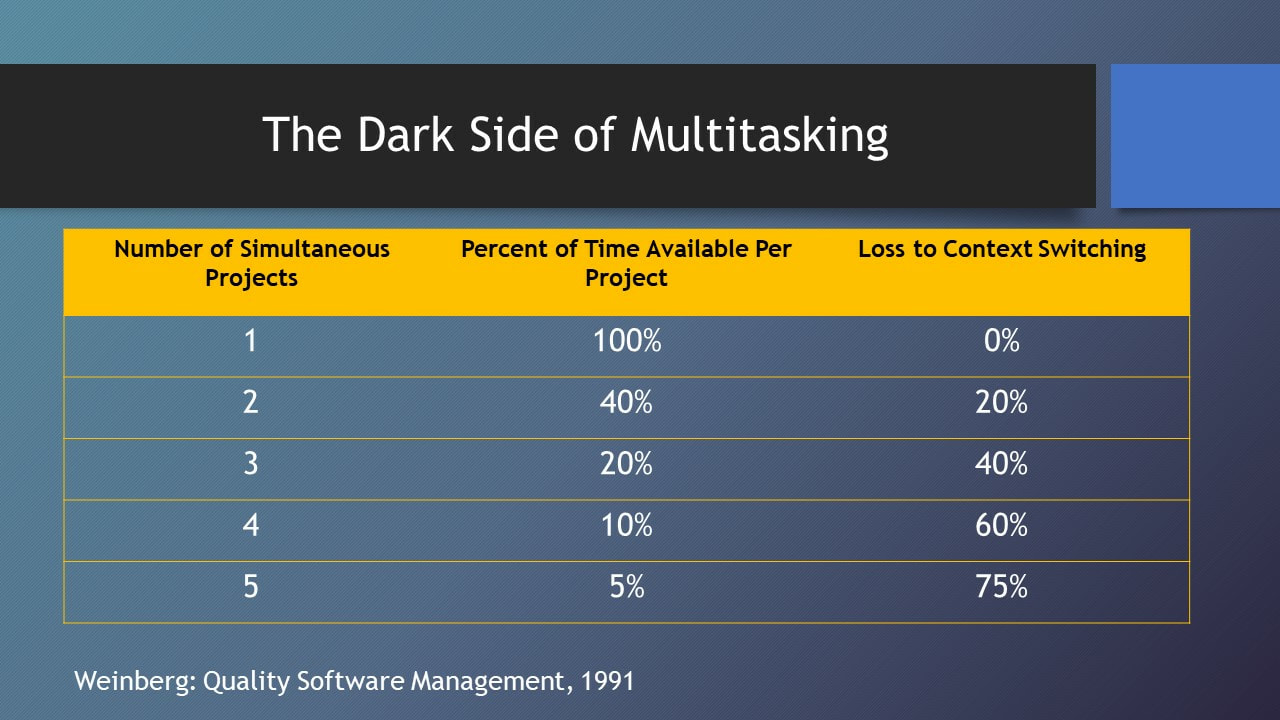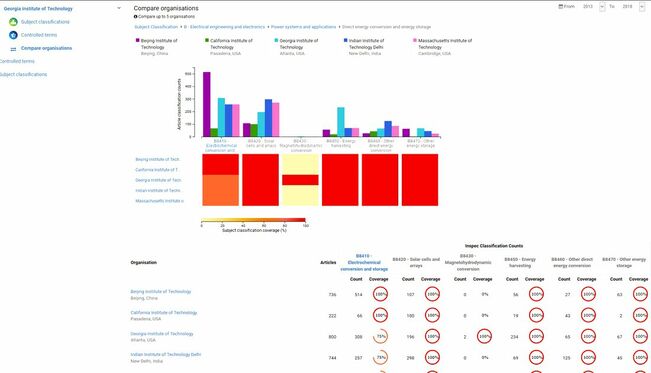"Transformation: a dramatic change in form or appearance,
extreme radical change."
With the word “transformation” in open access and open scholarship, context is everything. What is transformative for a publisher may not be to the same degree for the academic research library, even when reaching for similar goals. This lack of clarity can be confusing without context. This also impacts expectations for how resources and budgets should be used to support open access and open scholarship. So, what’s in a word? Different visions of the future, or potential roles in advancing the goals of open scholarship. This article explores several examples of use and misuse of this word with the recommendation to use sparingly and appropriately and replace with more accurate terminology when available.
A Matter of Perspective
When the word “transformative” entered the scholarly publishing vocabulary, it was to encourage a switch to open access business models by publishers, especially large commercial publishers of scholarly research journals. Other players were seen as participants in their transformation. These differences of perspective seem baked into the first usages of the word by Open Access 2020 and later by cOAlition S. The focus was on eliminating or reducing behind-paywall subscriptions, especially by large publishers. This assumed library materials budgets could be repurposed to offset a transformative shift by publishers to open access. To avoid confusion, Jisc prefers to call these “transition agreements.” It is more accurate to say funders, publishers, academic institutions, research libraries are all in transition towards new types of business models and infrastructure support for research and scholarship. Perhaps the real transformation for large publishers is from publishing companies to publishing and platform companies offering software and services directly to funders, authors, and administrators in addition to libraries. While a great topic, the focus of this review is on the impact on libraries and their budgets since cOAlition S saw this as a major source of funding for open access publishing. Transformation in the academic setting goes well beyond agreements with publishers and repurposing library subscription budgets. There is a far bigger “transformative” view of materials acquisition, researcher outputs and open scholarship to manage.
0 Comments
The above is a standalone chart from my recent NISO Webinar, “Managing Change with Project Management Skills.” Notice the dates. The cost of context switching is not news, but there is increasing awareness of how this manifests.
Since Weinberg wrote his book, there have been many additional studies exploring multitasking concluding it is largely a myth. What appears to be multitasking is simply switching between two or more tasks, not giving full attention to any. We now know more about how apparent multitasking negatively affects IQ, brain development, and creative thinking.
Many have heard the siren’s call of linked data and the semantic technologies since first introduced in the 1990’s, only to be dashed on the rocks of the practical realities of implementation or needing to do a serious recalibration of approach. The vision of a semantic web with hyperdata links as ubiquitous as document hyperlinks is appealing, but Tim Berners-Lee’s vision may not be realized as he first envisioned it. However, adaptations of his dream are finding their way into early applications in financial services, healthcare and pharmaceuticals (Astra Zeneca), retail (eBay chatbot), enterprise applications (used for providing business insights, predictive modelling, repurposing and reusing content), and knowledge graphs like Google and Wikipedia. [For Google-watchers, see also Google’s recent patent profiled in OntoSpeak.]
 It’s not that I’m so smart, it’s just that I stay with problems longer.” – Albert Einstein Coming from Einstein one can’t help but smile. And yet like much that Einstein says, there is deeper wisdom. In this age of rapid change and disruption, examining issues and opportunities with some persistence is appealing. For some time now, I’ve been considering writing a blog that explores topics or themes from multiple angles. When I select a topic or theme, it means making a commitment to return to it for multiple pieces. Pulling out threads to consider and tying them into a larger context; starting a conversation. There is much to be curious about and to explore – the interplay of enabling / disruptive technologies, business models, new services and business opportunities and the people and organizations re-envisioning the future. Posts will draw from the broader areas of open scholarship, metadata, enabling technologies, new and old mediums like longform content (as an umbrella term also including monographs), key market segments and players. We look forward to also engaging with others through interviews, profiles, and conversations about future directions and possibilities. If these articles capture your interest, please do follow and share .... “The mind is not a vessel to be filled, but a fire to be kindled.” – Plutarch |
Maureen Adamson
Creativity in content, in services, in business models and marketing when they align into new ways of engaging the user draw my attention. This blog explores the innovations, people and trends that intrigue or inspire, offering insights into the future of publishing and scholarly communications. Archives
February 2023
Categories
All
|
||||||||||||||||||||||||||




 RSS Feed
RSS Feed